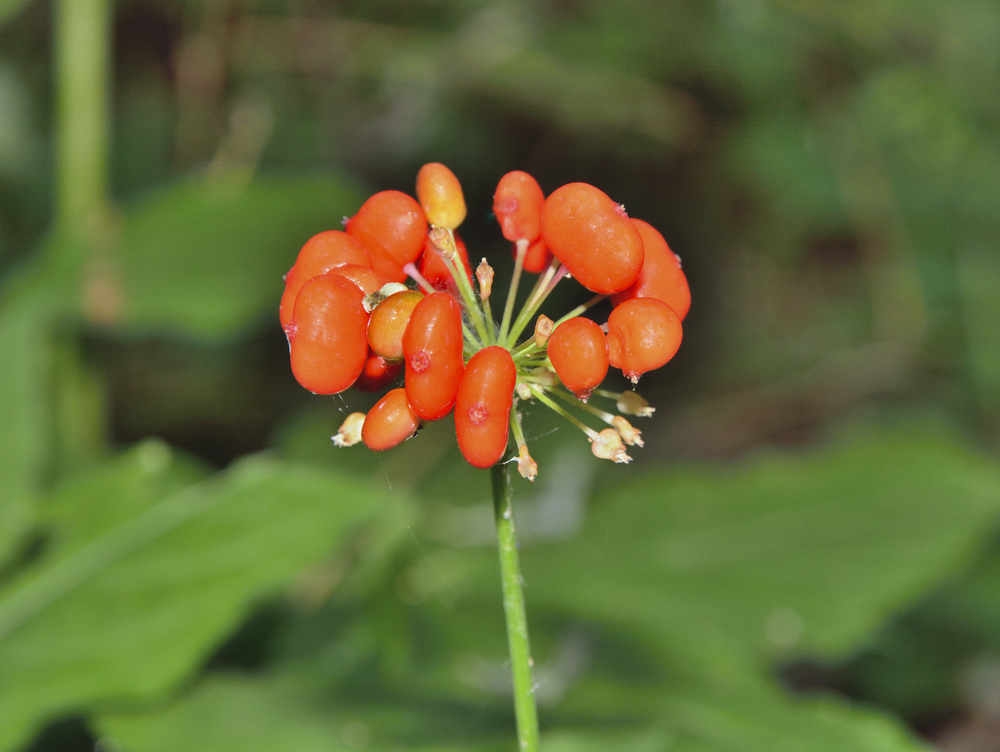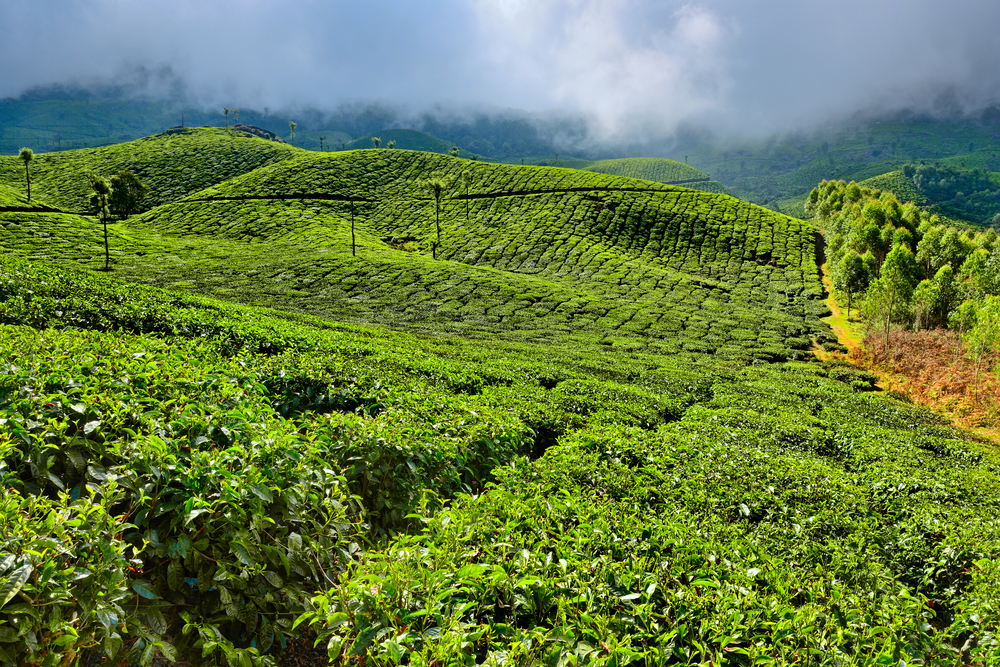Panax ginseng benefit: the chemoprevention of chemical-induced skin cancer
The number of skin cancer patients is increasing over the past decades. According to the report released by World Health Organization (WHO), there are 2 million to 3 million people suffering from skin cancer and more frequent exposure to ultraviolet radiation caused by the depleted ozone layer is largely responsible for this increase. Australians who live in the low-latitude southern of earth and have contact with the sun in the most time of the year are more easily susceptible to skin cancer.

According to a study published in the Journal of Ginseng Research, Panax ginseng extract root plays a chemoprotective role in chemical-induced skin cancer.
Panax ginseng is categorized into Araliaceae plants and its active constituents rare ginsenosides like Rg3 are found to exhibit anticancer activities. These natural compounds are favorable for their safety, low toxicity and antioxidant properties. The study, conducted by researchers at Radiation and Cancer Biology Laboratory, Department of Zoology, University of Rajasthan in India, was aimed to explore the anticancer and antioxidative potential of Panax ginseng against chemical-induced skin carcinogenesis in mammals.
In the experiment, researchers first used 7,12-dimethylbenz(a) anthracene (DMBA)/croton oil that served as tumor initiator to induce tumor development in the mouse and then Panax ginsenoside extract was administrated to the mouse to see the effects. Compared the two contrast groups, the researchers found that Panax ginseng extract treatment caused a significant reduction in tumor incidence, cumulative number of tumors, tumor yield, and tumor burden. Besides, from the variations in different biochemical parameters in liver and skin during chemical-induced skin carcinogenesis with or without Panax ginseng extract administration, it was observed that there was a significant enhancement in the levels of those antioxidants like glutathione, superoxide, dismutase, catalase(antioxidant), vitamin C, and total proteins while a substantial reduction in lipid peroxidation levels in both the liver and skin with ginseng root extract treatment. These results revealed that Panax ginseng exhibits anticancer and antioxidative properties against chemical-induced skin carcinogenesis in mammals.
This study indicates that Panax ginseng can be a promising chemopreventive agent against skin cancers.


